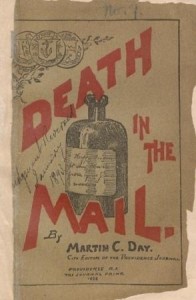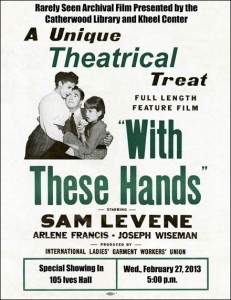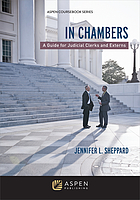The Law Library is pleased to announce that our HeinOnline databases now include four new titles:
- The American Law Institute Library includes the Restatements of the Law and associated drafts. Restatement topics include Agency, Business Associations, Conflict of Laws, Contracts, Economic Torts and Related Wrongs, Employment Law, Foreign Relations Law, Information Privacy Principles, Judgments, Law Governing Lawyers, Law of American Indians, Property, Restatement in the Courts, Restitution and Unjust Enrichment, Sales of Land, Security, Suretyship and Guaranty, Torts, Trusts, Unfair Competition, and U.S. Law of International Commercial Arbitration. Some topics are still in draft form only – but those drafts are included! This Library also includes ALI Annual Reports (1937-2010), Proceedings of ALI Annual Meetings (1923-2011), ALI Annual Meeting Speeches (1923-current), ALI Reporter (vols. 1-33), Statement of Essential Human Rights Archive, Principles of the Law, Uniform Commercial Code (including drafts), Model Penal Code (including drafts and other miscellaneous documents, 1951-2011), ALI-ABA Periodicals and other ALI documents.
- History of Bankruptcy: Taxation and Economic Reform in America, Part III includes legislative histories, treatises, documents, and other materials related to bankruptcy law in America; books dating back to the late 1700s; and links to scholarly articles useful in the study of bankruptcy law.
- The U.S. International Trade Library includes more than 4,000 publications from the U.S. International Trade Commission, dating back to 1951; legislative histories of free trade agreements and trade statutes; more than 200 books about international trade; United States Court of International Trade Reports (1980-current), and other materials.
- Women and the Law contains nearly 500,000 pages from books, biographies, and periodicals about women’s roles in society and the law. It also includes more than 70 titles from Emory University Law School’s Feminism and Legal Theory Project.
Remember that HeinOnline databases include images of the original publications and allow full-text searching across each library.
We’ve also just purchased a large collection of law e-books from the publisher Edward Elgar. They’re full-text searchable and include easy PDF downloads of chapters using the platform ElgarOnline. Click “Law-Academic” in the left column for the full list of over 400 e-books, then narrow to your chosen subject using the subject list in the left column. New titles will be added throughout the year.
Another newly available database is voxgov. As the publisher explains, voxgov provides access to “unfiltered original source news, media and information direct from all branches of the U.S. Federal Government,” including Facebook and Twitter posts from legislators and others. Save your searches and set up email alerts by registering for a free myvoxgov account.




 We’ve just acquired a new book that should be of interest to many of our students. In Chambers: A Guide for Judicial Clerks and Externs by Jennifer L. Sheppard, Associate Professor of Law, Mercer University, is now available on reserve in the Law Library Reading Room (ask at the circulation desk during
We’ve just acquired a new book that should be of interest to many of our students. In Chambers: A Guide for Judicial Clerks and Externs by Jennifer L. Sheppard, Associate Professor of Law, Mercer University, is now available on reserve in the Law Library Reading Room (ask at the circulation desk during 


